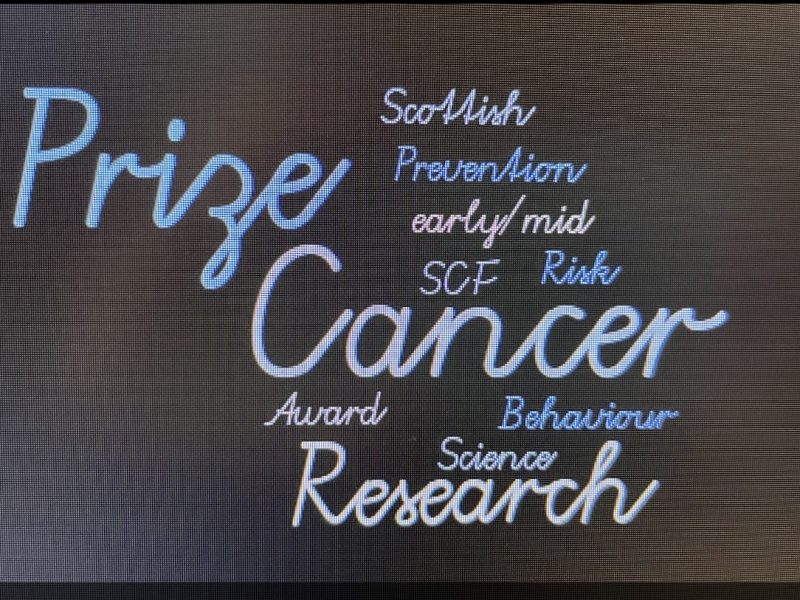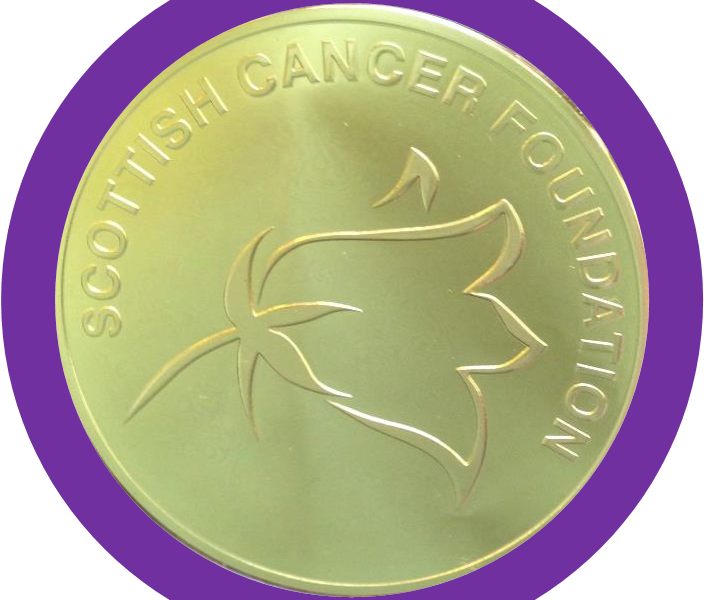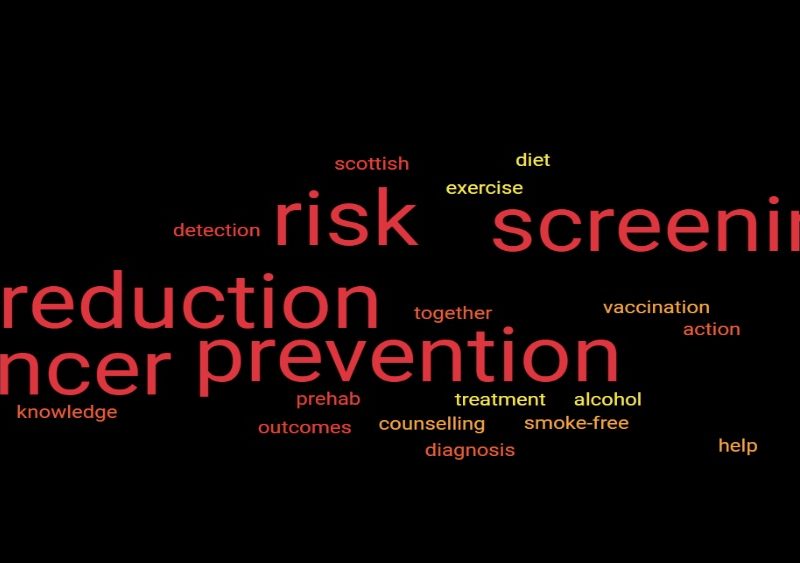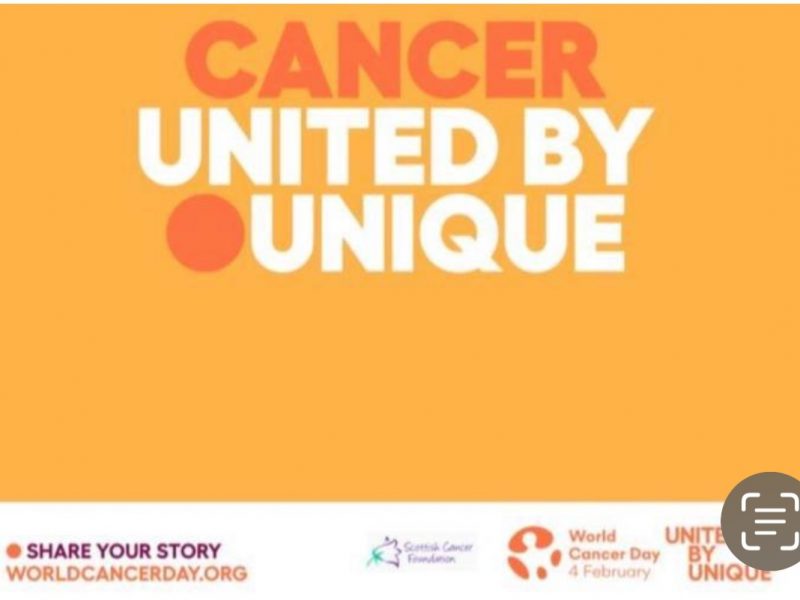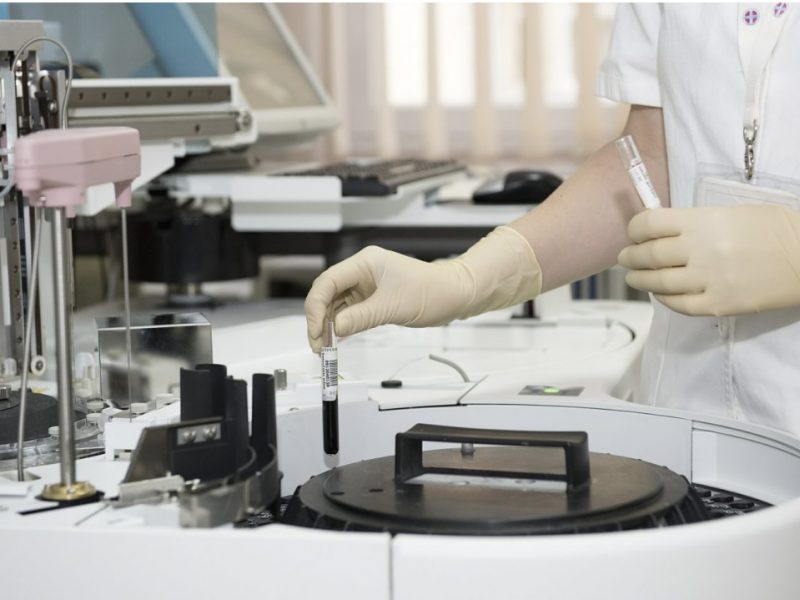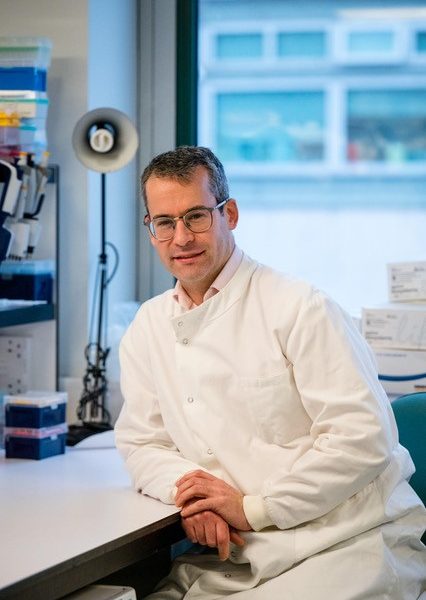The Scottish Cancer Foundation awards an annual cash prize of £10,000, generously supported by the Grant Simpson Trust, and the Evans/Forrest Medal to an individual or organization that has made a substantial contribution to Cancer Prevention in Scotland. In the past, the prize has been won by people working in a wide range of disciplines. For example: Peter Vaugh-Shaw for work on vitamin D and cancer in 2023, Prof. Katie Robb for interventions to increase screening uptake in 2018, Prof .Malcolm Dunlop for his groundbreaking work on the genetics of cancer in 2017 and Sheila Duffy for her contribution to smoking cessation in 2016. This year, we wish to make the award to an early to mid-career researcher (within 10 years of a PhD or other higher degree) whose work has made a tangible impact on the primary or secondary prevention of cancer. This means that we will consider applications with a focus on understanding the causes of cancer, ways to reduce risk of developing cancer through lifestyle modifications or medication, or methods of reducing the risk of recurrence of cancer after it has been treated. The recipient need not be a health care professional or a laboratory scientist but should be working in a research environment within Scotland.
Further information along with the application form can be found here


